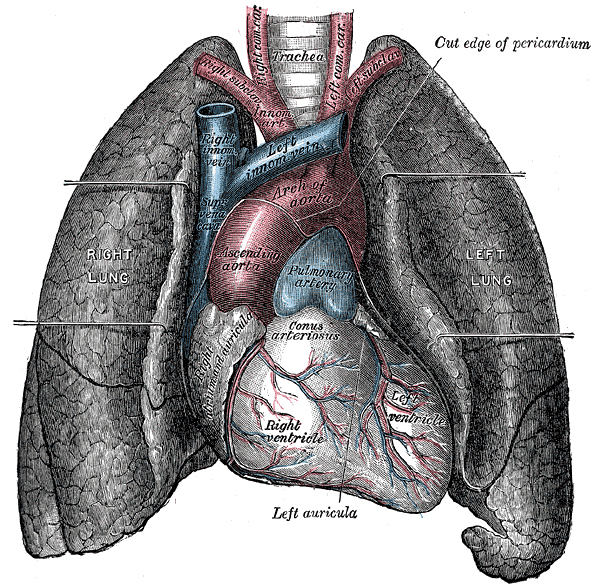Inhalable powder designed to boost the lungs virus-blocking mucus
Date: 20.2.2023
Our respiratory system is lined with a mucus-secreting membrane which continuously traps inhaled particles such as pollen, smoke and – to a certain extent – viruses and bacteria.
 These items are subsequently removed from the airways as the mucus is either swallowed or coughed out.
These items are subsequently removed from the airways as the mucus is either swallowed or coughed out.
Unfortunately, viruses are often able to make their way through that layer of mucus, infecting the underlying lung cells. That's where the SHIELD (Spherical Hydrogel Inhalation for Enhanced Lung Defense) powder is intended to come in. Developed by scientists at North Carolina State University, it takes the form of microparticles which are made up of a food-safe gelatin and poly(acrylic acid), combined with a non-toxic ester.
When administered via an inhaler and exposed to the moisture of the respiratory tract and lungs, the microparticles swell to form a sticky hydrogel which adheres to the existing mucosal layer. This enhanced barrier is reportedly much more difficult for viruses to penetrate – importantly, though, it does not negatively affect the respiratory process. What's more, the gel completely biodegrades over a 48-hour period, and is passed from the body.
In tests performed on mice, SHIELD blocked Covid-19-causing SARS-CoV-2 virus particles with 75% efficiency for four hours after inhalation, then fell to 18% after 24 hours. The powder was similarly effective against H1N1 and pneumonia viruses.
Image source: Gray's Anatomy / Wikimedia Commons.























